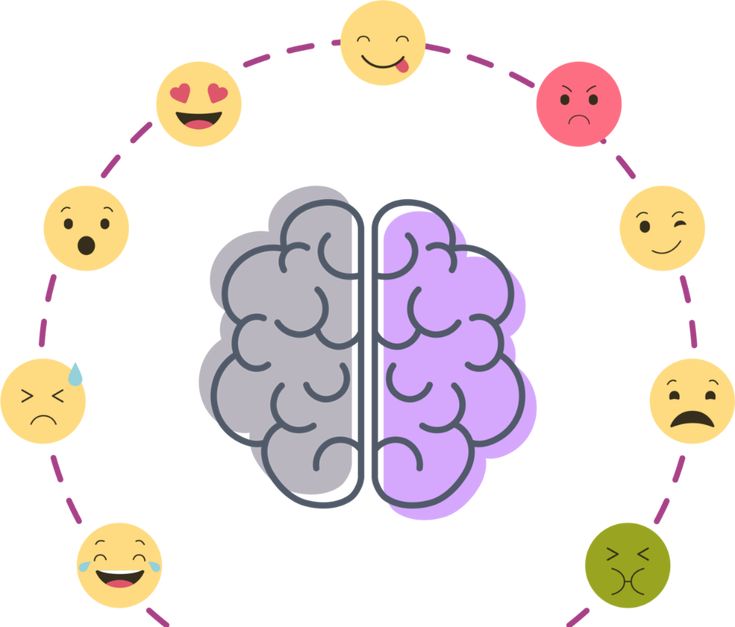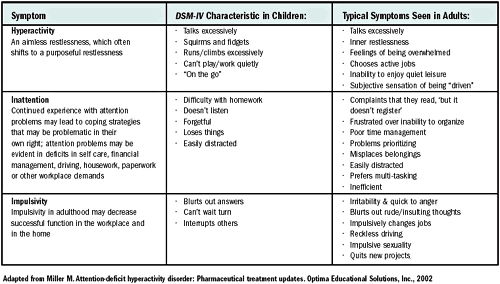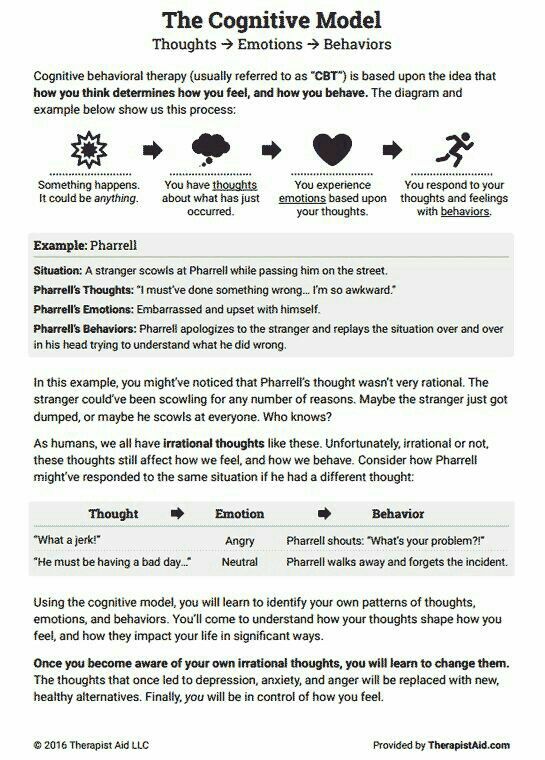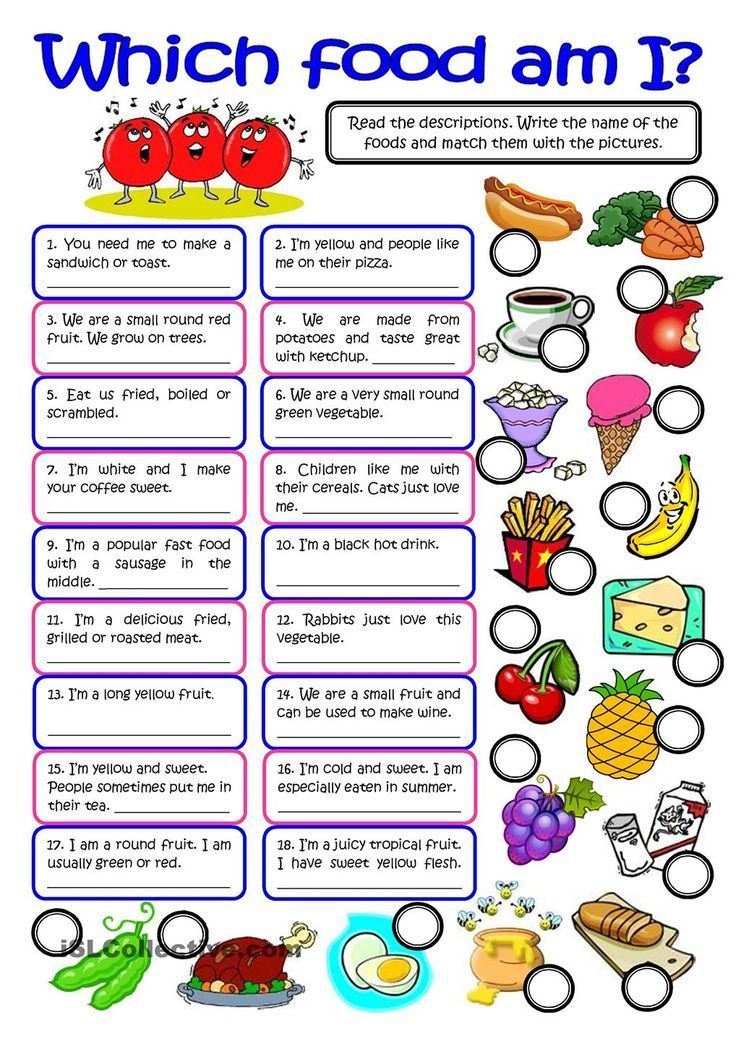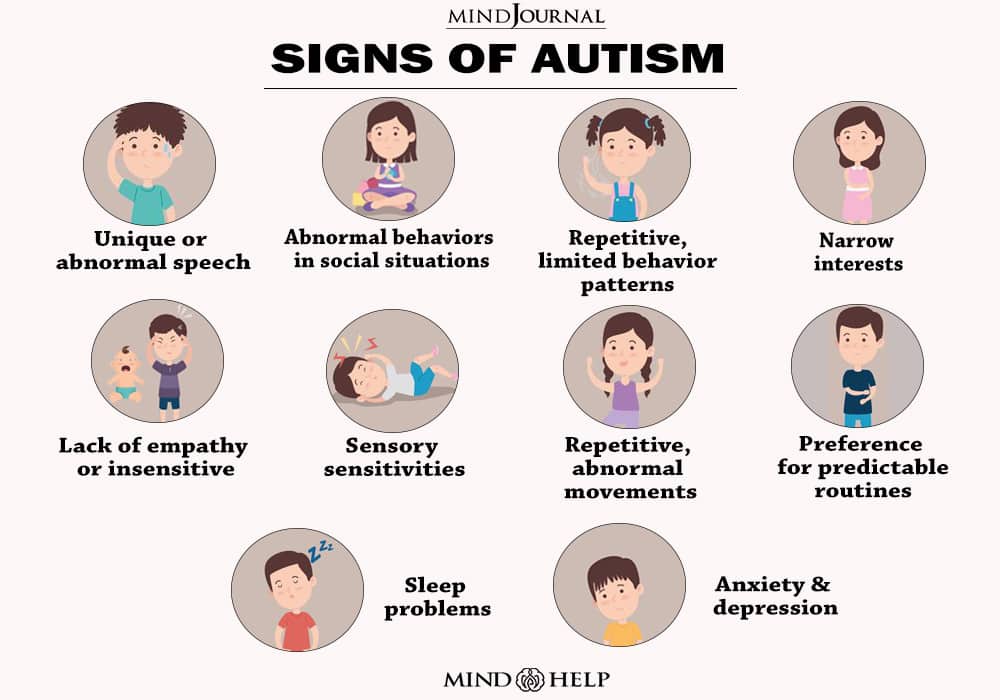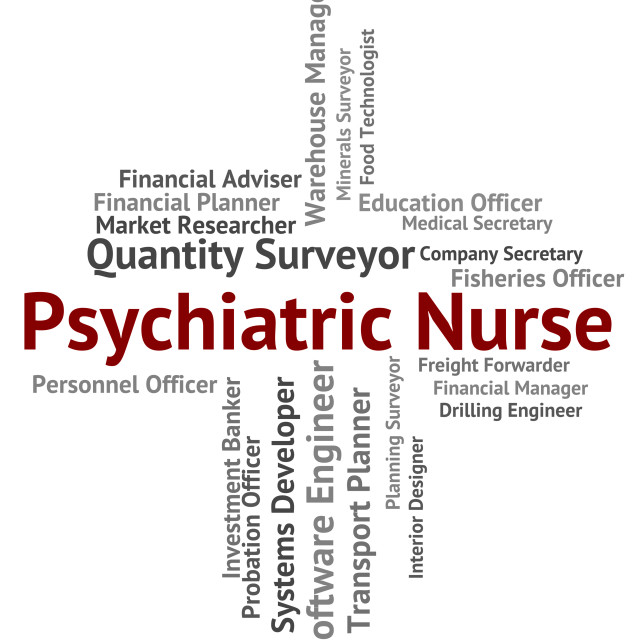Manage your emotions
How can I manage my emotions?
This article was authored in partnership with wikiHow, the world’s largest “how to” site, and also featured here on the wikiHow website.
Acknowledge when you’re not feeling great.
Emotional awareness is the process of recognizing and acknowledging your feelings. Having emotional awareness can equip you to properly manage and improve your mental hygiene. When humans feel a certain emotion, generally, there is a physical or mental reaction that accompanies it. Paying attention to your own physical and mental cues can help you identify when you are experiencing specific emotions.
For example, you are sitting in a restaurant. A friend is meeting you for lunch. She is already 10 minutes late. You think “Geez, she always has me waiting.” And, you notice yourself tapping your straw repeatedly against your water glass. Both the resulting thought and action help you realize that you are feeling impatient. [1]
Spend a day or 2 observing your thoughts and actions. How do they clue you in to your emotional state? Record these observations in a journal as a first step towards greater emotional awareness.
Allow yourself to feel your emotions.
People often do things to try to feel better when they’re sad, angry, anxious, embarrassed, or otherwise in pain. While this might be a natural reaction, it’s important to let yourself feel your emotions as they arise rather than trying to change them. Take some time to recognize your emotions and just sit with your feelings. It can be uncomfortable, but it’s an important step for working through them. [2]
Don’t judge yourself or your emotions. Just feel them and accept them so you can move past them.
This doesn’t mean that you should let yourself be angry or devastated for days on end. If you are feeling this way and aren’t able to let go of your emotions or work through them, seek help from a therapist.
Express your emotions in a healthy way.
After you have learned to spot the mental and physical cues of your emotions, you can then find positive ways of expressing them. Emotional expression is necessary because withholding or suppressing your emotions can lead to unhealthy outcomes like depression or anxiety. There are many ways you can express your feelings in a constructive and helpful way: [3]
Emotional expression is necessary because withholding or suppressing your emotions can lead to unhealthy outcomes like depression or anxiety. There are many ways you can express your feelings in a constructive and helpful way: [3]
- Talking to others is one of the best methods of getting your feelings out. [4] Just be sure that whoever you are sharing with is supportive and non-judgmental. Consider a best friend, a sibling, or a counselor.
- Writing about your feelings is also helpful. Jot down your thoughts into a journal. Over time, you can look back on these entries to see if any patterns emerge. Journal writing is naturally good for mental health, especially when it is used not just for venting, but for problem-solving, too.
- Cry if you need to. When people feel sad, they may withhold this emotion out of guilt or shame. Other times, you may feel sadness, but be unable to cry. Watch a movie, read literature, or listen to music that speaks to your emotional state to help you shed those tears.
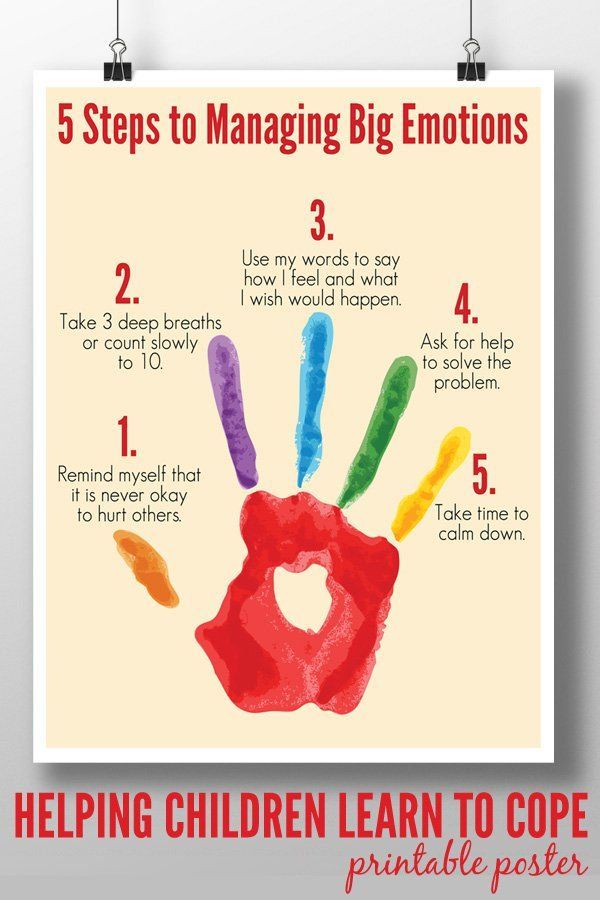
- Release the tension. Anger can be one of the most difficult emotions to express because what you do when you are angry may not be socially acceptable. For example, it may not be a good idea to shout at your loved ones, break things, or punch walls. Instead, you can use some of the same stress management techniques to conquer anger. Try completing a vigorous workout or screaming into a pillow.
- Be mindful of how you express your emotions to others. If you’re talking with someone and get upset, take a break and come back to the conversation when you can express yourself appropriately. Use “I feel” statements to take ownership of your anger or other feelings and avoid accusations. For instance, say “I feel hurt and angry when you speak to me that way” instead of “You make me so angry. You’re such a jerk!”
Understand that both negative and positive emotions are essential.
Humans like to express joy, excitement, and love. But, it may seem like the right thing to push away negative emotions. You may have been raised on the idea that showing anger, shame, or frustration was a no-no, so you push away these feelings. Bottling up your emotions won’t make them go away—in fact, they will most likely only get worse. Suppressed emotions can contribute to mental health conditions like anxiety or depression. [5]
You may have been raised on the idea that showing anger, shame, or frustration was a no-no, so you push away these feelings. Bottling up your emotions won’t make them go away—in fact, they will most likely only get worse. Suppressed emotions can contribute to mental health conditions like anxiety or depression. [5]
Resist the temptation to hide or withhold your negative emotions. Negative emotions like sadness or anger are as equally significant to your mental health as are positive feelings—they give you information about what’s important to you and what you might need to change about yourself or your environment. [6]
Show References
- http://eqi.org/aware.htm#Definition
- https://psychcentral.com/blog/how-to-sit-with-painful-emotions/
- http://www.cognitivehealing.com/depression/learn-how-to-identify-and-express-your-feelings/
- https://www.psychologytoday.com/blog/resolution-not-conflict/201305/how-express-feelings-and-how-not
- http://www.
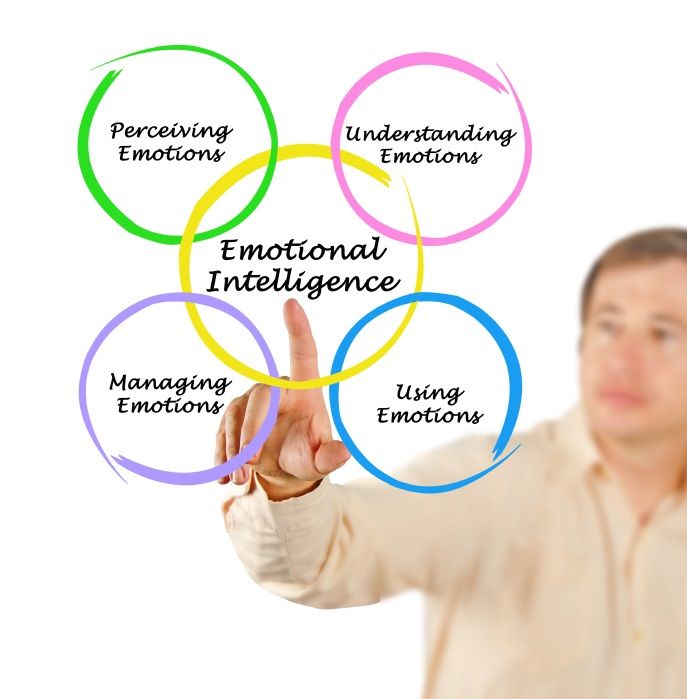 cognitivehealing.com/depression/learn-how-to-identify-and-express-your-feelings/
cognitivehealing.com/depression/learn-how-to-identify-and-express-your-feelings/ - http://www.scientificamerican.com/article/negative-emotions-key-well-being/
How to Control Your Emotions: 11 Strategies to Try
The ability to experience and express emotions is more important than you might realize.
As the felt response to a given situation, emotions play a key part in your reactions. When you’re in tune with them, you have access to important knowledge that helps with:
- decision-making
- relationship success
- day-to-day interactions
- self-care
While emotions can have a helpful role in your daily life, they can take a toll on your emotional health and interpersonal relationships when they start to feel out of control.
Vicki Botnick, a therapist in Tarzana, California, explains that any emotion — even elation, joy, or others you’d typically view as positive — can intensify to a point where it becomes difficult to control.
With a little practice, though, you can take back the reigns. Two studies from 2010 suggest that having good emotional regulation skills is linked to well-being. Plus, the second one found a potential link between these skills and financial success, so putting in some work on that front may literally pay off.
Here are some pointers to get you started.
Intense emotions aren’t all bad.
“Emotions make our lives exciting, unique, and vibrant,” Botnick says. “Strong feelings can signify that we embrace life fully, that we’re not repressing our natural reactions.”
It’s perfectly normal to experience some emotional overwhelm on occasion— when something wonderful happens, when something terrible happens, when you feel like you’ve missed out.
So, how do you know when there’s a problem?
Emotions that regularly get out of hand might lead to:
- relationship or friendship conflict
- difficulty relating to others
- trouble at work or school
- an urge to use substances to help manage your emotions
- physical or emotional outbursts
Find some time to take stock of just how your uncontrolled emotions are affecting your day-to-day life. This will make it easier to identify problem areas (and track your success).
This will make it easier to identify problem areas (and track your success).
You can’t control your emotions with a dial (if only it were that easy!). But imagine, for a moment, that you could manage emotions this way.
You wouldn’t want to leave them running at maximum all the time. You also wouldn’t want to switch them off entirely, either.
When you suppress or repress emotions, you’re preventing yourself from experiencing and expressing feelings. This can happen consciously (suppression) or unconsciously (repression).
Either can contribute to mental and physical health symptoms, including:
- anxiety
- depression
- sleep issues
- muscle tension and pain
- difficulty managing stress
- substance misuse
When learning to exercise control over emotions, make sure you aren’t just sweeping them under the rug. Healthy emotional expression involves finding some balance between overwhelming emotions and no emotions at all.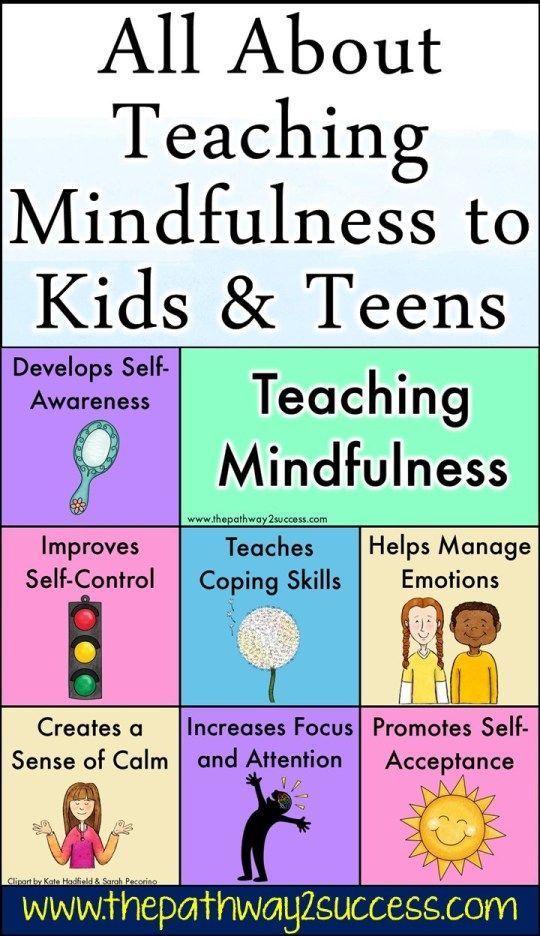
Taking a moment to check in with yourself about your mood can help you begin gaining back control.
Say you’ve been seeing someone for a few months. You tried planning a date last week, but they said they didn’t have time. Yesterday, you texted again, saying, “I’d like to see you soon. Can you meet this week?”
They finally reply, more than a day later: “Can’t. Busy.”
You’re suddenly extremely upset. Without stopping to think, you hurl your phone across the room, knock over your wastebasket, and kick your desk, stubbing your toe.
Interrupt yourself by asking:
- What am I feeling right now? (disappointed, confused, furious)
- What happened to make me feel this way? (They brushed me off with no explanation.)
- Does the situation have a different explanation that might make sense? (Maybe they’re stressed, sick, or dealing with something else they don’t feel comfortable explaining. They might plan to explain more when they can.
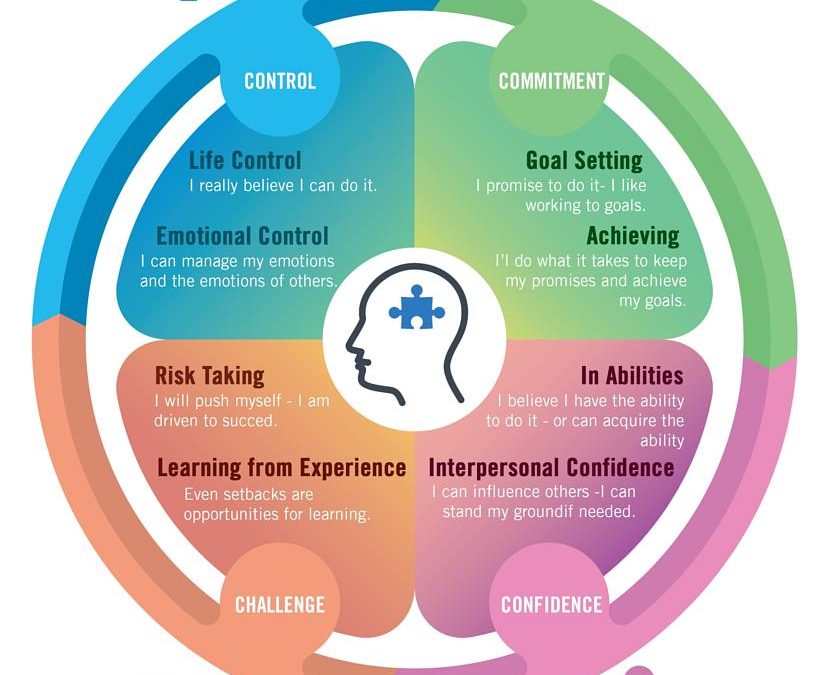 )
) - What do I want to do about these feelings? (Scream, vent my frustration by throwing things, text back something rude.)
- Is there a better way of coping with them? (Ask if everything’s OK. Ask when they’re free next. Go for a walk or run.)
By considering possible alternatives, you’re reframing your thoughts, which can help you modify your first extreme reaction.
It can take some time before this response becomes a habit. With practice, going through these steps in your head will become easier (and more effective).
If you’re trying to get better at managing emotions, you might try downplaying your feelings to yourself.
When you hyperventilate after receiving good news or collapse on the floor screaming and sobbing when you can’t find your keys, it might seem helpful to tell yourself, “Just calm down,” or “It’s not that big of a deal, so don’t freak out.”
But this invalidates your experience. It is a big deal to you.
Accepting emotions as they come helps you get more comfortable with them. Increasing your comfort around intense emotions allows you to fully feel them without reacting in extreme, unhelpful ways.
To practice accepting emotions, try thinking of them as messengers. They’re not “good” or “bad.” They’re neutral. Maybe they bring up unpleasant feelings sometimes, but they’re still giving you important information that you can use.
For example, try:
- “I’m upset because I keep losing my keys, which makes me late. I should put a dish on the shelf by the door so I remember to leave them in the same place.”
Accepting emotions may lead to greater life satisfaction and fewer mental health symptoms. What’s more, people thinking of their emotions as helpful may lead to higher levels of happiness.
Writing down (or typing up) your feelings and the responses they trigger can help you uncover any disruptive patterns.
Sometimes, it’s enough to mentally trace emotions back through your thoughts. Putting feelings onto paper can allow you to reflect on them more deeply.
Putting feelings onto paper can allow you to reflect on them more deeply.
It also helps you recognize when specific circumstances, like trouble at work or family conflict, contribute to harder-to-control emotions. Identifying specific triggers makes it possible to come up with ways to manage them more productively.
Journaling provides the most benefit when you do it daily. Keep your journal with you and jot down intense emotions or feelings as they happen. Try to note the triggers and your reaction. If your reaction didn’t help, use your journal to explore more helpful possibilities for the future.
There’s much to be said for the power of a deep breath, whether you’re ridiculously happy or so angry you can’t speak.
Slowing down and paying attention to your breath won’t make the emotions go away (and remember, that’s not the goal).
Still, deep breathing exercises can help you ground yourself and take a step back from the first intense flash of emotion and any extreme reaction you want to avoid.
The next time you feel emotions starting to take control:
- Breathe in slowly. Deep breaths come from the diaphragm, not the chest. It may help to visualize your breath rising from deep in your belly.
- Hold it. Hold your breath for a count of three, then let it out slowly.
- Consider a mantra. Some people find it helpful to repeat a mantra, like “I am calm” or “I am relaxed.”
There’s a time and place for everything, including intense emotions. Sobbing uncontrollably is a pretty common response to losing a loved one, for example. Screaming into your pillow, even punching it, might help you relieve some anger and tension after being dumped.
Other situations, however, call for some restraint. No matter how frustrated you are, screaming at your boss over an unfair disciplinary action won’t help.
Being mindful of your surroundings and the situation can help you learn when it’s OK to let feelings out and when you might want to sit with them for the moment.
Getting some distance from intense feelings can help you make sure you’re reacting to them in reasonable ways, according to Botnick.
This distance might be physical, like leaving an upsetting situation, for example. But you can also create some mental distance by distracting yourself.
While you don’t want to block or avoid feelings entirely, it’s not harmful to distract yourself until you’re in a better place to deal with them. Just make sure you do come back to them. Healthy distractions are only temporary.
Try:
- taking a walk
- watching a funny video
- talking to a loved one
- spending a few minutes with your pet
If you practice meditation already, it might be one of your go-to methods for coping with extreme feelings.
Meditation can help you increase your awareness of all feelings and experiences. When you meditate, you’re teaching yourself to sit with those feelings, to notice them without judging yourself or attempting to change them or make them go away.
As mentioned above, learning to accept all of your emotions can make emotional regulation easier. Meditation helps you increase those acceptance skills. It also offers other benefits, like helping you relax and get better sleep.
Our guide to different kinds of meditation can help you get started.
When you’re under a lot of stress, managing your emotions can become more difficult. Even people who generally can control their emotions well might find it harder in times of high tension and stress.
Reducing stress, or finding more helpful ways to manage it, can help your emotions become more manageable.
Mindfulness practices like meditation can help with stress, too. They won’t get rid of it, but they can make it easier to live with.
Other healthy ways to cope with stress include:
- getting enough sleep
- making time to talk (and laugh) with friends
- exercise
- spending time in nature
- making time for relaxation and hobbies
If your emotions continue to feel overwhelming, it may be time to seek professional support.
Long-term or persistent emotional dysregulation and mood swings are linked to certain mental health conditions, including borderline personality disorder and bipolar disorder. Trouble controlling emotions can also relate to trauma, family issues, or other underlying concerns, Botnick explains.
A therapist can offer compassionate, judgment-free support as you:
- explore factors contributing to dysregulated emotions
- address severe mood swings
- learn how down-regulate intense feelings or up-regulate limited emotional expression
- practice challenging and reframing feelings that cause distress
Mood swings and intense emotions can provoke negative or unwanted thoughts that eventually trigger feelings of hopelessness or despair.
This cycle can eventually lead to unhelpful coping methods like self-harm or even thoughts of suicide. If you begin thinking about suicide or have urges to self-harm, talk to a trusted loved one who can help you get support right away.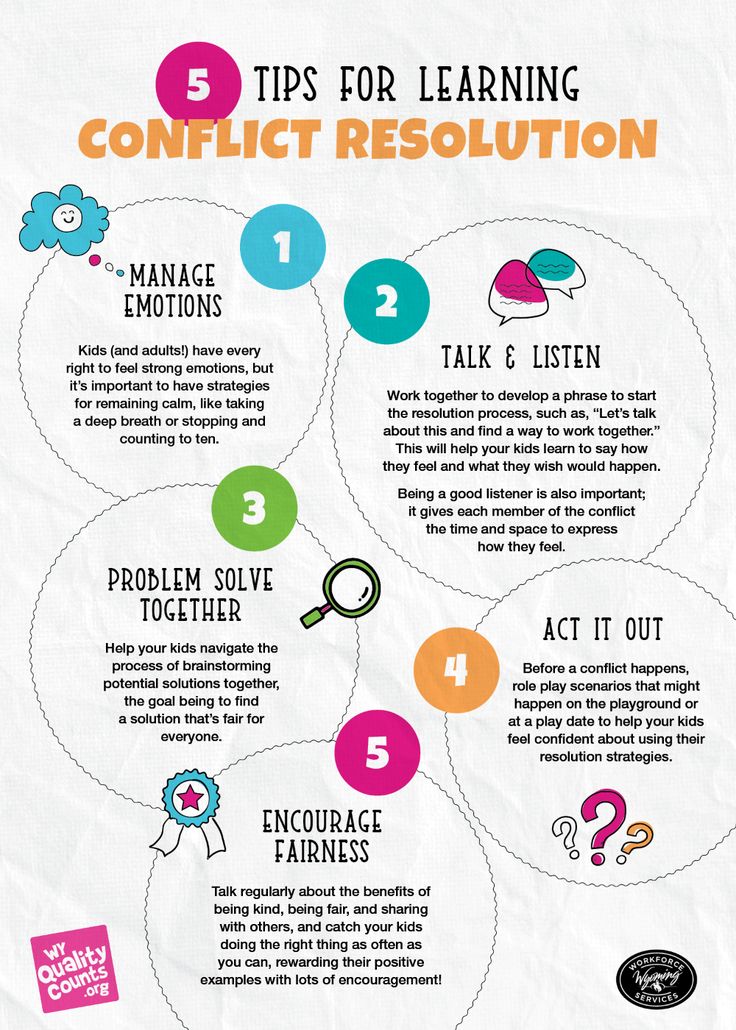
If you need help now
If you’re considering suicide or have thoughts of harming yourself, you can call the Substance Abuse and Mental Health Services Administration at 800-662-HELP (4357).
The 24/7 hotline will connect you with mental health resources in your area. Trained specialists can also help you find your state’s resources for treatment if you don’t have health insurance.
Crystal Raypole has previously worked as a writer and editor for GoodTherapy. Her fields of interest include Asian languages and literature, Japanese translation, cooking, natural sciences, sex positivity, and mental health. In particular, she’s committed to helping decrease stigma around mental health issues.
psychologist's advice - Julia Gridasova
Adventures happen to us every day, big and small, good and unpleasant. The internal barometer sensitively reacts to them, helping to change life for the better. But sometimes it seems as if difficulties arise on purpose to drive us crazy.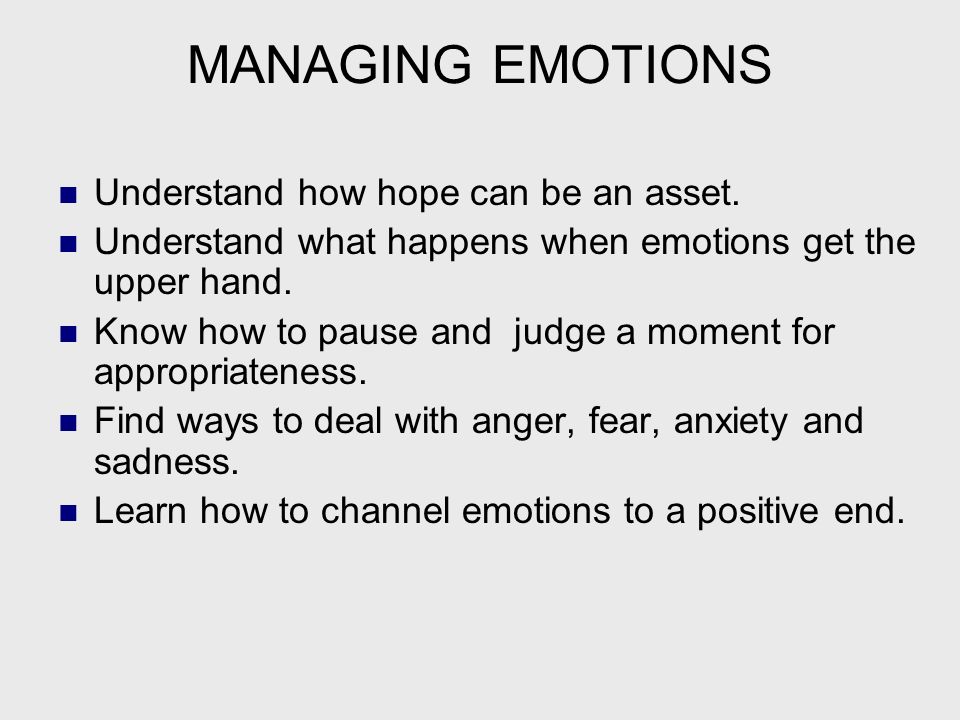 Emotions are running high, making it impossible to think clearly. What do you do to take control of yourself? How to control your emotions?
Emotions are running high, making it impossible to think clearly. What do you do to take control of yourself? How to control your emotions?
Emotions accompany us everywhere. This is a kind of signaling system of the body. With their help, we adapt, make decisions, act. They help to assess the situation: dangerous or safe? Pleasant or not? Their other function is to encourage action. Without them, we would not be able to build relationships and communicate, achieve goals and create. This is an incredibly wise mechanism for survival and self-realization. nine0003
Ideally, emotions do not need to be fought, they do not need to be controlled - they give clues. Feeling fear, sadness, anger, joy, and even disgust is normal. How else to understand what is good for us and what is bad, what suits us, and what needs to be changed? If we are attentive to ourselves and see the relationship, are in contact with our experiences, then they become partners. If we do not hear ourselves, the feelings "scream". And then we are forced to look for ways to manage our emotions. nine0003
And then we are forced to look for ways to manage our emotions. nine0003
Emotional self-regulation is the ability to respond to events and experience emotions in an acceptable way. Simply put, this is the ability to manage oneself, the ability to be flexible when it comes to experiences, to be able to postpone them, if necessary, to live without harm to oneself and others. The ability to manage emotions and feelings has nothing to do with manipulating yourself, trying not to experience specific experiences, the desire to deceive your own body and be happy all the time. First, without negative emotions, we will not last long: nothing will tell us that there is a danger. Secondly, it is impossible to “turn off” only specific feelings - everything is suppressed, including positive ones. nine0003
Sometimes the “emotional dam” breaks through, covered by a wave of experiences that are very difficult to control. They are not adequate to the situation; moreover, they block their own main task - to allow us to change something. Despite the fact that it seems that feelings appear suddenly, they are not. An emotional reaction consists of at least four elements: situation-trigger, thought-assessment, emotion, reaction-action:
Despite the fact that it seems that feelings appear suddenly, they are not. An emotional reaction consists of at least four elements: situation-trigger, thought-assessment, emotion, reaction-action:
You can influence any of them. You are unlikely to completely rein in your brain and be 100% in control of your feelings. But what can really be done is to get to know yourself better, become more aware and learn to manage your actions that are caused by emotions. nine0003
Tip 1: Learn to recognize your feelings and acknowledge them
Emotional literacy is not taught in school, although this skill is simply necessary. To manage your emotions, you need to learn to recognize them. We often don't know how we feel. For example, today is my first day at a new job. When I think about it, something starts to happen to the body: tension appears, as if tickling in the solar plexus, it becomes difficult to sit still. Am I experiencing anxiety, anticipation, both, none of that? Or such effect at all from a cup of espresso on an empty stomach? nine0003
If you find it difficult to answer the question "How do you feel?", take the time to recognize feelings. Start simple: is the emotion positive, negative, or neutral? Is she alone or are there several? How intense is the experience from 0 to 100? Look in the mirror: what is your facial expression, what facial expressions? Notice how different emotions manifest in the body, thoughts, actions and what they prompt.
Start simple: is the emotion positive, negative, or neutral? Is she alone or are there several? How intense is the experience from 0 to 100? Look in the mirror: what is your facial expression, what facial expressions? Notice how different emotions manifest in the body, thoughts, actions and what they prompt.
Do not strive to experience only pleasant emotions and deny unpleasant ones. They will still arise from time to time, this does not make you a bad person who has not learned to control himself. Recognize whatever arises and choose adequate ways of expression. nine0003
Tip 2: Become aware of what unsettles you
Absolutely typical situations unsettle us. These may be small things, but if they cause an internal hurricane, then it is difficult to simply dismiss them. Write down everything you can remember and spend some more time observing yourself. Complete the list. Certain people or types of people, situations or chains of situations, criticism or dissatisfaction can get into it. You may notice that not everything that is unpleasant to you is unpleasant to others, and vice versa. This will give you a trigger card. It will no longer seem to you that emotions arise on their own, and you will be able to influence the situation. If my trigger is a rude cashier in a store, instead of accumulating resentment, I can analyze the communication with him and structure the conversation in a different way. Or just stop shopping at this place. If my mood is badly affected by conflicts, I should learn how to resolve them competently. nine0003
You may notice that not everything that is unpleasant to you is unpleasant to others, and vice versa. This will give you a trigger card. It will no longer seem to you that emotions arise on their own, and you will be able to influence the situation. If my trigger is a rude cashier in a store, instead of accumulating resentment, I can analyze the communication with him and structure the conversation in a different way. Or just stop shopping at this place. If my mood is badly affected by conflicts, I should learn how to resolve them competently. nine0003
Tip 3: Pause
Add a pause before acting. An instant reaction to a trigger will turn into extremely unpleasant consequences: you can say or do something that you will later regret. To stop, take a deep breath in and a long breath out like a sigh of relief. The exhalation may be longer than the inhalation, but do not create unnecessary tension. Practice using relaxation breathing techniques to stabilize yourself. Another way to pause is to take a break. Count all the red objects in the room, switch your attention to hearing and try to hear as many different sounds as possible, remember some pleasant moment in your life and immerse yourself in it again. Do something and think only about it. Promise yourself to return to the disturbing situation after a while. These methods will help you stop winding yourself up and make the experience even more intense. nine0003
Count all the red objects in the room, switch your attention to hearing and try to hear as many different sounds as possible, remember some pleasant moment in your life and immerse yourself in it again. Do something and think only about it. Promise yourself to return to the disturbing situation after a while. These methods will help you stop winding yourself up and make the experience even more intense. nine0003
Tip 4: Analyze how you evaluate what is happening
When relative calm returns to you, analyze how you evaluate what is happening. Harsh, categorical judgments evoke intense emotions. Let's look at the example of the same situation in the subway:
The same situation can be interpreted in different ways. In the second option, there is no joy and euphoria about painful sensations, but there is no longer aggression and drastic actions that entail the intensity of passions. Start paying attention to inner speech when you are experiencing strong emotions. Are you being too harsh in your judgment? Is there another explanation for what happened? Is your view distorted by some kind of filter? Stop, analyze your automatic judgments before acting on them.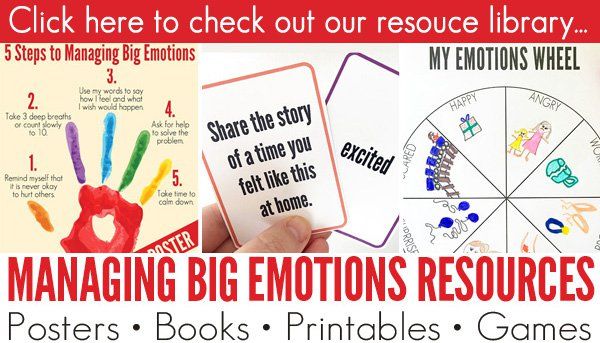 Replace the critical inner voice with a more balanced and calm one. The most correct decisions are made when we assess the situation comprehensively, and not one-sidedly. nine0003
Replace the critical inner voice with a more balanced and calm one. The most correct decisions are made when we assess the situation comprehensively, and not one-sidedly. nine0003
Tip 5: Be careful with figures of speech
Words have a magical power over us, language influences how we think, and vice versa. If you listen to yourself, then the phrases “now I feel sad” and “I am covered with depression” cause a different internal response. Be careful with figures of speech, they can evoke vivid emotions when they are superfluous. Translate them into normal language: instead of "you break my heart" - "now I feel disappointed." If possible, play with the figure of speech, bringing it to the point of absurdity. “Covered by depression” - cover yourself with a blanket and walk around the apartment like that. Repeat this phrase, distorting your voice to a cartoon, play the fool. You will notice how a light light appears at the end of the tunnel of words 🙂
Tip 6: Use an "emotion thermometer"
Imagine that emotion has a temperature. And this temperature is measured by an imaginary thermometer. Draw this thermometer in your mind. Notice where the emotion is now. Breathe evenly and measuredly, using relaxation breathing techniques. Watch the imaginary mercury creep down. The intensity of the experience decreases as the temperature on the thermometer decreases. And now you are able to more soberly look at the situation. nine0003
And this temperature is measured by an imaginary thermometer. Draw this thermometer in your mind. Notice where the emotion is now. Breathe evenly and measuredly, using relaxation breathing techniques. Watch the imaginary mercury creep down. The intensity of the experience decreases as the temperature on the thermometer decreases. And now you are able to more soberly look at the situation. nine0003
Tip 7: Treat Emotion Like a Wave
The control of feelings begins with their acceptance. Recognize and name what you are experiencing, even if it is very unpleasant. Then remember that no emotion can last forever. Ultimately, the hormonal cocktail in the body will disintegrate and the intensity of the experience will subside. Imagine that emotion is a wave. Watch her with your inner gaze, but do not let yourself be covered. Note how it manifests itself, what it encourages. Imagine that you are some kind of wave researcher who needs to get a complete and unbiased idea of \u200b\u200btheir characteristics. With this approach, you create a distance between yourself and the experience, and allow the emotion to go away on its own. Instead of fighting the emotion by causing more pain, accept it as a fact and let it dissolve on its own. nine0003
With this approach, you create a distance between yourself and the experience, and allow the emotion to go away on its own. Instead of fighting the emotion by causing more pain, accept it as a fact and let it dissolve on its own. nine0003
Tip 8: Learn to Express Your Feelings Constructively
Intense emotions can arise in response to very specific things that do not suit. But in order to be heard, it is important to be able to constructively express our feelings and the needs behind them. For example, a colleague promised to help with a difficult task and for some reason is in no hurry to do so. You may develop distrust and resentment, instead of clarifying the situation, you begin to shun a colleague or show your displeasure with all your appearance. After a couple of days, he gets tired of this intensity of feelings and asks directly what happened. And you explode. And then it turns out that he just forgot, but the relationship is already ruined. Instead of harboring a storm, do the following:
- Clarify the situation.
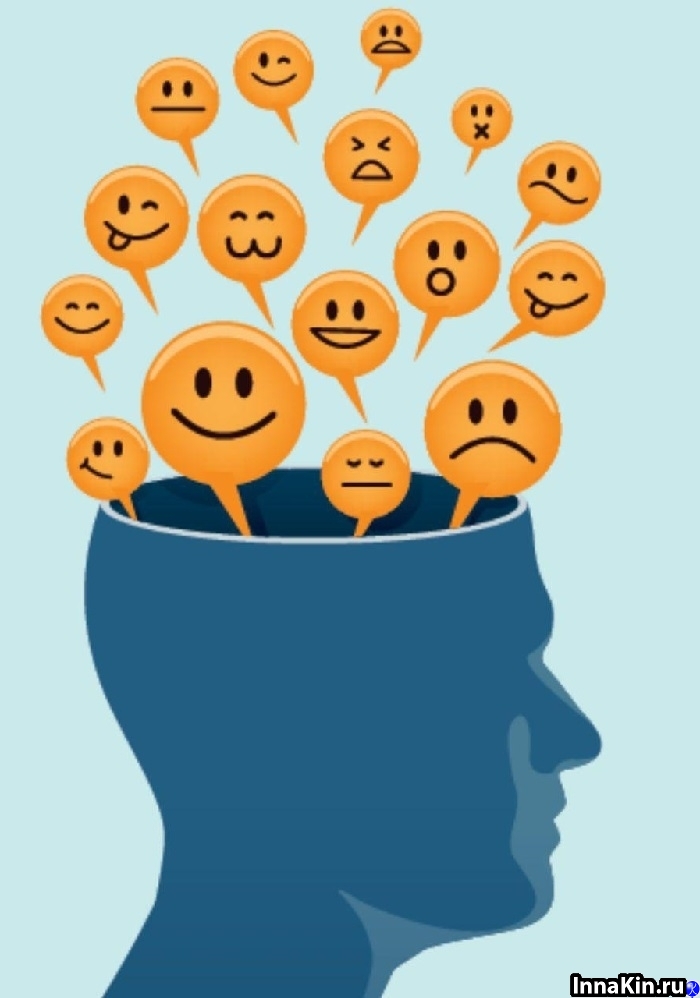 Ask the interlocutor how he sees the situation and how he understood you. Really listen to him.
Ask the interlocutor how he sees the situation and how he understood you. Really listen to him. - If you notice a contradiction, please say so. Take the time to ensure that everyone understands each other correctly. Don't lock yourself in.
- State your feelings and do not make harsh judgments about the other person's motives. Try not to get personal. Instead of "You insult me with your behavior!", say "When you do this and that, I feel like this." nine0060
- Express your position calmly and clearly. But be prepared for the fact that the interlocutor may not agree, and this is his right. Listen to each other and come to an agreement.
If the conversation is important and the emotions are intense, think about what you want to convey in advance. You can even work out on your own or write a draft plan. This will not make you an over-reasonable robot, but you will have something to rely on in the ocean of feelings.
Tip 9: Pay Attention to Your Lifestyle
Poor sleep and diet, lack of physical activity, weak immunity or the presence of diseases, constant stress - all this greatly affects the emotional background. Mood swings, "stuck" on certain feelings can be the result of hormonal disorders and other diseases. If it has never been typical for you to go into emotional extremes, consult your doctor. Make time for health, nutrition, daily routine. Add nuts, fruits, and vegetables to your diet. Reduce the amount of sugar, its excess leads to mood volatility. Be more outdoors, take daily walks, albeit short ones. Try to find a solution to pressing problems, make a plan and act. Learn to notice the good, support and please yourself, especially in difficult periods of life. nine0003
Mood swings, "stuck" on certain feelings can be the result of hormonal disorders and other diseases. If it has never been typical for you to go into emotional extremes, consult your doctor. Make time for health, nutrition, daily routine. Add nuts, fruits, and vegetables to your diet. Reduce the amount of sugar, its excess leads to mood volatility. Be more outdoors, take daily walks, albeit short ones. Try to find a solution to pressing problems, make a plan and act. Learn to notice the good, support and please yourself, especially in difficult periods of life. nine0003
Tip 10: Get Help
If you can't manage your emotions on your own and want to learn how to learn how to manage your emotions, seek help from a psychologist. Together you will find the causes of such emotional outbursts and learn how to deal with them.
Sign up for a consultation with psychologist Yulia Gridasova:
- Skype: yuliia.ease
- E-mail: hello@gridasova.
 com
com - Viber: +38063 470-62-56
Be healthy!
How to manage your emotions? - Psychologos
April 01, 2012, 04:47
The film "Julie and Julia"
Emotions often appear in the wrong place, in the wrong place, at the wrong time or with the wrong intensity. Not always the usual reaction is the most adequate response, sometimes you can hurt other people with your emotions. When we are overwhelmed with emotions, we think much worse than in a calm state. Sometimes you just need to relax, and then unnecessary emotions are useless. It is useful for a developed personality to be able to manage emotions, and the ability to manage emotions is a matter of education. It is an educated person who differs from an ill-mannered one in the first place by the fact that he knows how to manage his emotions even where it is difficult and undesirable. A developed personality controls his emotions, knows how to manage his emotions and states, knows how to control himself.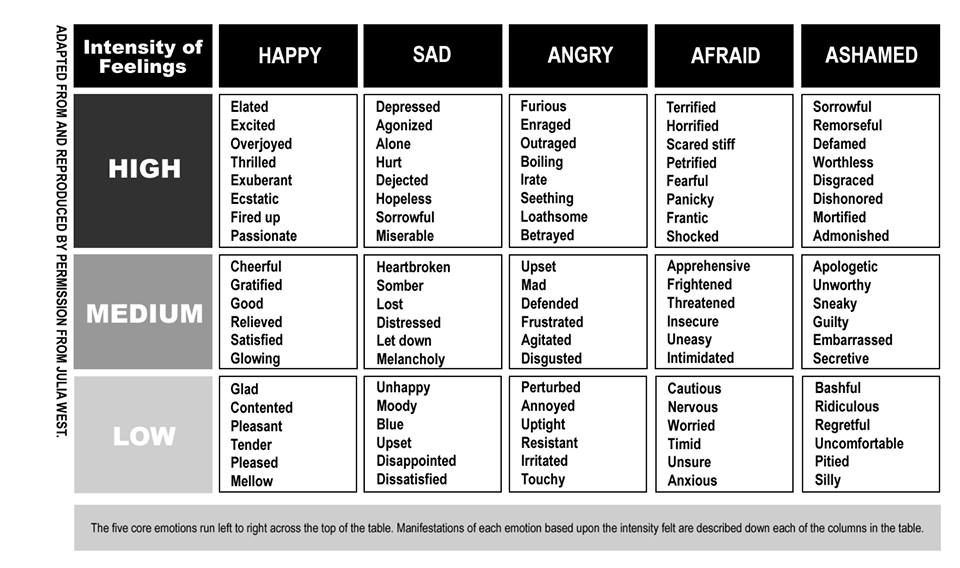 nine0003
nine0003
Film "Honeymoon"
In familiar situations, the necessary emotions are triggered directly, as directly and naturally as raising your hand: to raise (or lower) your right hand, you do not need special techniques and techniques. You just raise your hand and you just put it down. It is just as easy for you to be surprised when you need it, and you exchange surprise for warm attentiveness when attentiveness is needed.
How to manage your emotions, if necessary? nine0003
Watch your face. Keep a calm face.
The most important "recipe" is so simple that it even irritates many people: "To remove an unnecessary emotion, just remove the wrong face. Correct your eyes and lips. The main thing is to do it right away, while the emotion has not yet unfolded." If you know how to do this, the intensity of emotions will immediately subside. If this is difficult for you, train the skill of calm presence.
Developing the skill of calm presence is one of the simplest and most effective ways to control emotions. Indians know how to control their emotions because they know how to keep a calm face. The training of recruits in the army begins with the stand "Attention!" and numerous other procedures and rituals aimed, among other things, at mastering a calm presence. Recruits are ordinary children, it is natural for them to grimace and rattle, so they tend to be afraid, offended and upset. The army teaches them to keep a calm face and through this - to manage their emotions, to be able to maintain self-control and fortitude in the most difficult and responsible situations. See →
Indians know how to control their emotions because they know how to keep a calm face. The training of recruits in the army begins with the stand "Attention!" and numerous other procedures and rituals aimed, among other things, at mastering a calm presence. Recruits are ordinary children, it is natural for them to grimace and rattle, so they tend to be afraid, offended and upset. The army teaches them to keep a calm face and through this - to manage their emotions, to be able to maintain self-control and fortitude in the most difficult and responsible situations. See →
Follow breathing
The change in strength and breathing rhythm almost instantly changes the emotional state. If you need to calm down, begin to take a calm breath in and out. When you need to raise energy, it is enough to do energizing exercises. Someone arranges a mini-workout from karate, someone uses special yoga exercises - the essence is the same everywhere: these exercises are accompanied by strong sharp exhalations.
Control your thoughts. nine0127
Our thoughts direct our attention. If we pay attention to the bright sides of life, we trigger positive states. If attention with the help of thoughts is riveted to real or possible troubles, then negative arises more often. At the same time, wisdom does not consist in not seeing the difficulties of life, but in treating them constructively: removing the position of the victim and turning problems into tasks.
If negative thoughts go around in circles, they need to be stopped. How? It is best to switch to other, more positive thoughts, and doing this out loud is best for reliability. Talk to yourself aloud - yes, it is sometimes necessary. Other options - switch yourself to bright, positive pictures - imagine a rainbow, beautiful flowers ... As a rule, this helps women and children well. nine0003
A separate big job - work with the beliefs that are behind most of the emotional reactions. See Declaration of Acceptance of Reality.
Emotion Keys
In a large number of situations, people control their emotions without noticing how they do it, even if they use special emotion keys to start or stop emotions.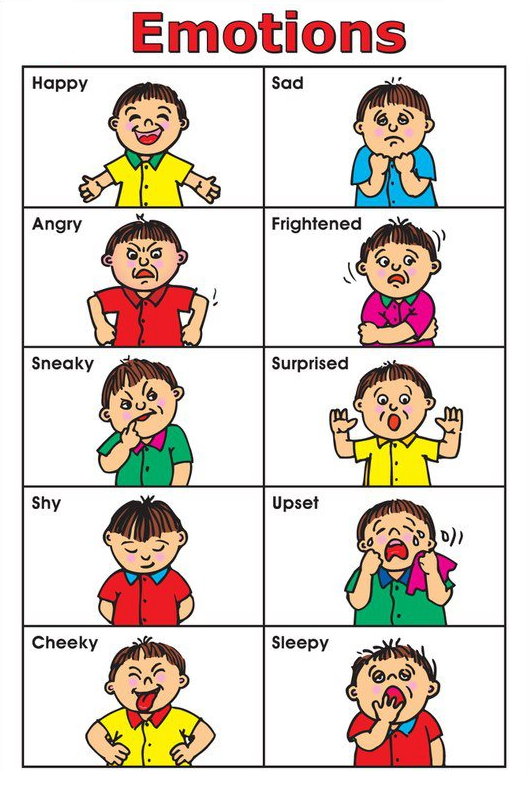 The simplest and most effective key of emotions is facial expression and body drawing: if guests come to you and you need to express your sincere joy to them, you begin to joyfully greet them, take care of them carefully, you will probably hug them, and your face will be alive, warm and open: almost immediately after this, you already feel sincere joy. nine0003
The simplest and most effective key of emotions is facial expression and body drawing: if guests come to you and you need to express your sincere joy to them, you begin to joyfully greet them, take care of them carefully, you will probably hug them, and your face will be alive, warm and open: almost immediately after this, you already feel sincere joy. nine0003
Most people explain this as "because people are nice" without realizing that the real reason is 1) their activation of kinesthetic emotional cues and 2) exchanging positive emotions with the guests, supporting and spinning each other .
On the contrary, the indignation that has begun, until it is hyped, is easy to remove only by relaxing your face, exhaling, lowering the volume of your statements, softening your wording and, especially, your intonations. Whoever wants, he will always find ways to raise or change his mood, remove unnecessary emotion or set himself up for this or that business. Meet friends, turn on upbeat music, go shopping, just get some sleep.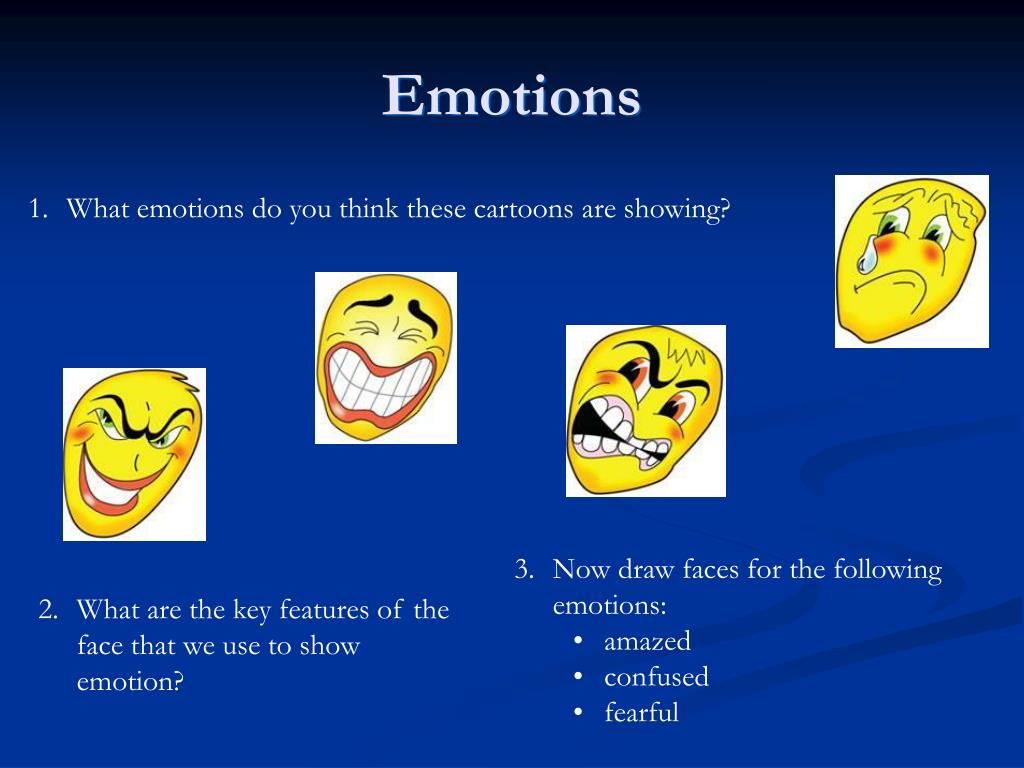 .. - everyone knows a lot of household and at the same time effective ways to improve mood. In addition to everyday ways to change your condition, there are many special exercises. These are autogenic training, emotion intensity management, Aliev's Key and many others. However, in order to manage one's own state, in most cases one does not need knowledge of special techniques, but the timely and careful use of the arsenal that is known to everyone and always at hand. The main thing is desire and training. nine0003
.. - everyone knows a lot of household and at the same time effective ways to improve mood. In addition to everyday ways to change your condition, there are many special exercises. These are autogenic training, emotion intensity management, Aliev's Key and many others. However, in order to manage one's own state, in most cases one does not need knowledge of special techniques, but the timely and careful use of the arsenal that is known to everyone and always at hand. The main thing is desire and training. nine0003
DIFFICULTY IN CONTROL OF EMOTIONS
Control of emotions should not be presented as a particularly difficult task, but it should not be simplified either. In fact, not everyone knows how to manage their emotions, and not all emotions can be controlled in principle. The ability to control oneself in difficult life situations is a separate task that requires special knowledge.
The task of controlling emotions usually turns out to be difficult precisely because it is set by people who have already missed the moment when an emotion arises, who did not prevent this occurrence, who did not prevent the actions of other people who created these emotions for them.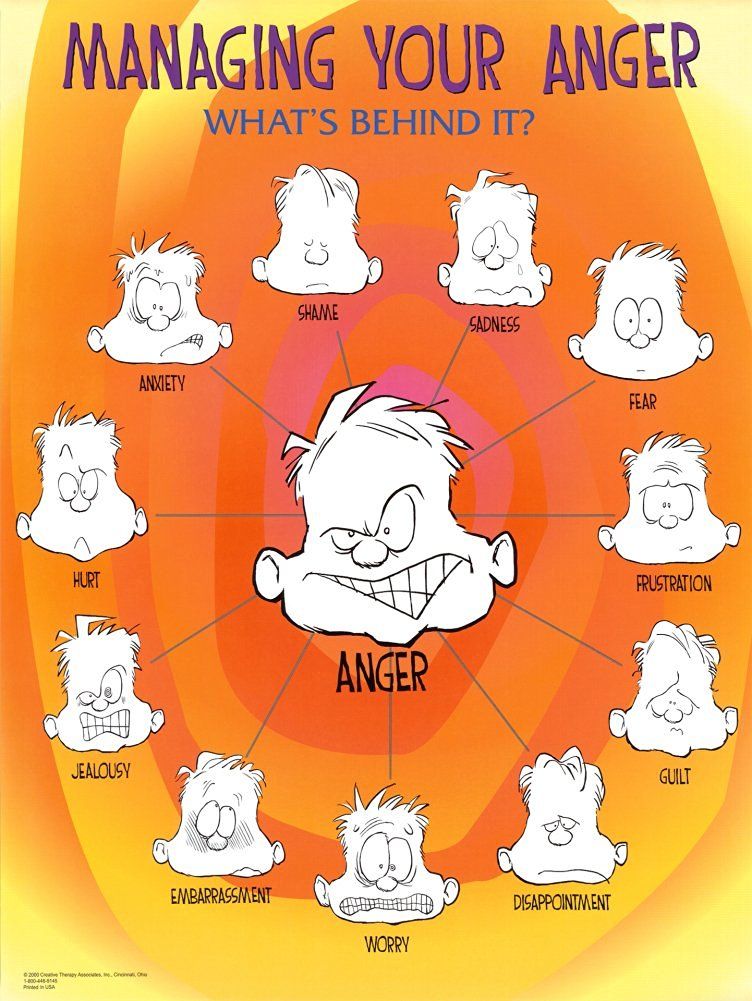 At the same time, if a person moves into a more active, leadership position and launches his own and other people's emotions himself before the waves of other people's emotions pour over him, he no longer needs to control his own emotions. He got ahead of himself and manages the situation himself. nine0003
At the same time, if a person moves into a more active, leadership position and launches his own and other people's emotions himself before the waves of other people's emotions pour over him, he no longer needs to control his own emotions. He got ahead of himself and manages the situation himself. nine0003
Whether or not a person can control his emotions is easy for a specialist to determine just by looking at his body. If a person’s body is collected and at the same time calm, most likely the person owns his emotions. If the body is loose, the arms and legs and facial expression wander randomly and as if of their own free will (this happens), the person most likely is not used to monitoring and controlling his emotions. It is even worse if the body is very tense, when there is a general tightness in the body or the body “rattles”. nine0003
“Rattle” occurs when uncontrolled tensions run through the body, causing a careful look to notice twitching of the shoulders, fingers, lips, muscles under the eyes .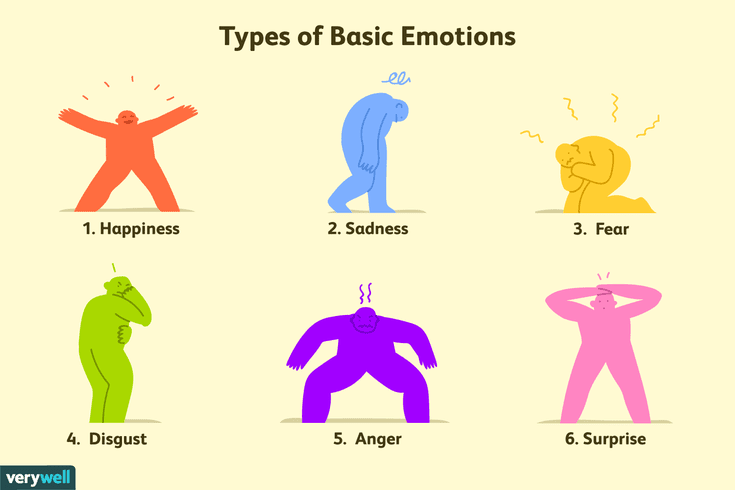 .. To remove the “rattling”, practice calm presence. This is one of the most important conditions for managing emotions.
.. To remove the “rattling”, practice calm presence. This is one of the most important conditions for managing emotions.
Another obligatory condition for managing emotions is the ability to confidently relax in a variety of conditions and circumstances, the habit of monitoring the calm state of one's body. This skill can be developed, training gives excellent results. nine0003
Let's list other skills without which the control of emotions is impossible or difficult:
- The ability to control one's attention. In particular, draw your attention to what you need and distract yourself from what is unnecessary.
- The development of facial expressions, the training of facial expressions and gestures, the use of a rich set of voice timbres.
- The development of the imagination, the ability to believe what has just been invented, the ability to act "as if", to immerse oneself "in the supposed circumstances." nine0060
- Breath control. The ability to control one's breathing, the ability to play with one's breath, the ability to calm or excite oneself with different types of breathing.
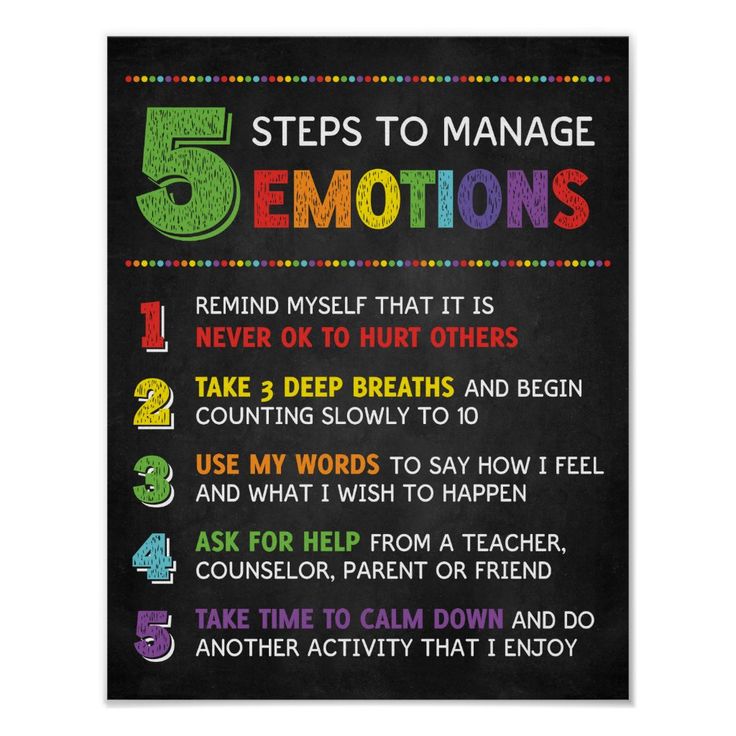
And one of the most curious moments in the management of emotions is the realization of internal benefits in certain emotional states that seem to be negative for us. As a rule, people do not realize that this anger or resentment, this fear or a terrible disorder, this hysteria or fatigue that has suddenly piled on are not quite "natural reactions", but our not quite conscious personal choice, beneficial to us in this situation and decisive some of our tasks. And until you realize WHY you are now experiencing what you are experiencing, attempts to remove this state will be ineffective: just get distracted, the state will immediately return to you again. Is it easy to catch in ourselves this inner spring that makes us hold on to habitual experiences, is it possible to “catch” our inner benefits ourselves? Trained people, accustomed to being honest with themselves, track the internal benefits of their emotions without much difficulty, but most require the help of a psychologist in this matter. nine0003
nine0003
In summary: not everyone knows how to manage their emotions. Not all emotions can be controlled in principle. But you can develop your ability to manage emotions if you set yourself such a task. You can learn to manage emotions on your own, or contact specialists in specialized centers. In the latter case, it is important that the specialists are highly qualified, and the centers are time-tested. The largest training center in Russia is the Sinton center. Come to the training "Management of emotions: energy, happiness, freedom" - master the ability to manage your emotions. nine0003
- Emotion management
- Author N.I. Kozlov
- +
- How to manage your emotions
- Service
- How to work on yourself
Comments (12):
Guest, 29 December 2012, 21:11
we can perceive events objectively. What should be controlled? 1. Source of thought (emotions or mind), 2. Quality of thought (positive or not), 3.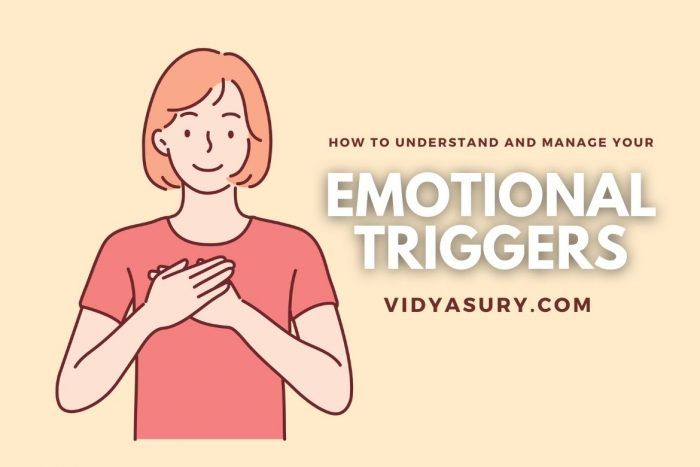 Speech (words, meaning, intonation), 4. Deed (correct or not, under the guidance of emotions or reason). The path to awareness, understanding and wisdom is the practice of meditation. http://autodidactus.ru/samoobuch/ukroshhenie-emotsiy-ili-nachalnyiy-uroven-meditatsii
Speech (words, meaning, intonation), 4. Deed (correct or not, under the guidance of emotions or reason). The path to awareness, understanding and wisdom is the practice of meditation. http://autodidactus.ru/samoobuch/ukroshhenie-emotsiy-ili-nachalnyiy-uroven-meditatsii
1
reply
Helena, July 1, 2015 07:24 PM
I liked your comment better than the article. There is already a rapprochement with such a concept close to me as intuition, acceptance, CONSCIOUSNESS (and this is not only reason).
gravitation, August 27, 2014 3:01 pm
"Not all emotions can be controlled", "Not all emotions can be controlled in principle." I agree, there are complex emotions that are difficult to manage and the cause of the occurrence is difficult to understand. But it doesn't make it any easier for those around you. Therefore, there should be some advice on how to manage even uncontrollable emotions, or what to do at this moment when they arise.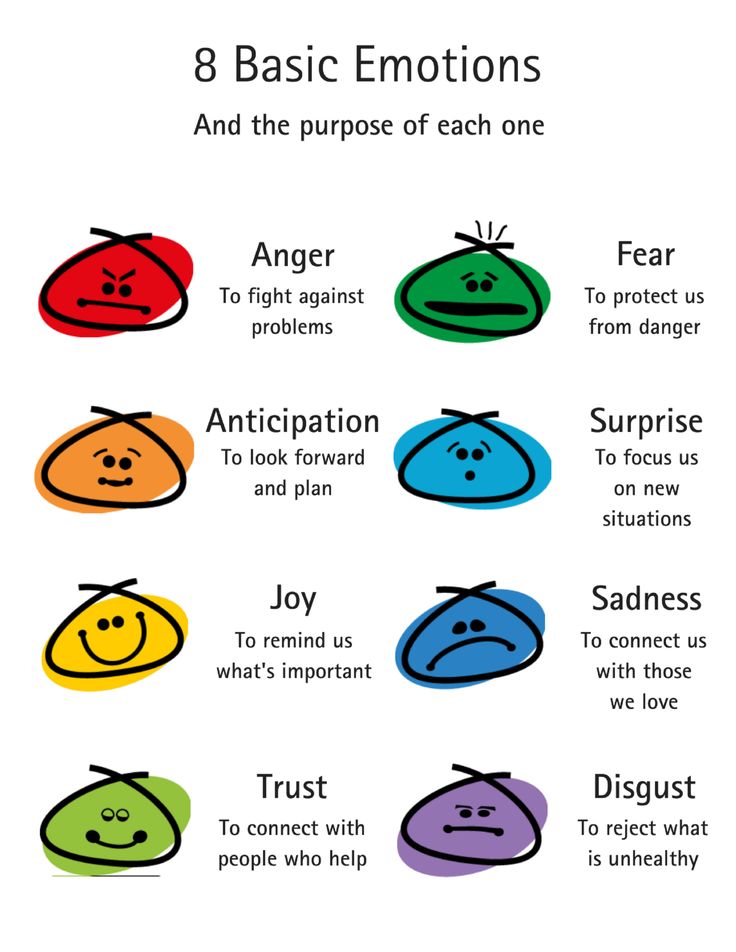 nine0003
nine0003
N.I. Kozlov, August 28, 2014, 12:55
If you (suddenly) have completely uncontrollable emotions, then, of course, there are many options for behavior: apologize and interrupt the conversation so as not to hurt your respected interlocutor with your emotions; go for a walk - in the fresh air, emotions are "ventilated" faster; "burn" emotional stress in sports or other physical activities... If you have a desire, you can always find such household solutions.
1
reply
Guest, January 17, 2015, 19:58
I think it's really important to manage your emotions so that you don't hurt anyone with your emotions. And not only "respectable" people, as mentioned in the article, but in general any people!
1
reply
Guest, March 01, 2015, 2:48 pm
I think that the author meant by the word "respected interlocutor" that any interlocutor should be treated with respect.
Guest, September 18, 2014, 4:52 pm
In general, this is the most objective of all that I found here on the Internet. Clearly and simply stated, without any problems. Thank you! Really helpful to read and re-read. nine0003
Guest, Jan 25, 2015 9:09 PM
Very good article.
Philip, April 27, 2015, 04:49
It would be nice to define the concept of "emotions". In my opinion, they consist of a mental part and a bodily part (contractions of various muscles - striated and smooth). This article is mainly about the management of the body part. But this is a fight with consequences. One of the guests, in my opinion, correctly mentioned the control of thoughts. After all, it is they who launch the bodily part. nine0003
Guest, September 02, 2016, 12:08 pm
Emotions are biological signal reactions of the body. Why Manage Signals? It's the same as managing a compass - a completely useless exercise. Not to mention that emotions can't really be controlled, only the way you deal with them can be controlled.
1
answer
N.I. Kozlov, September 02, 2016, 03:16 PM
You are right, part of our emotions are biological signaling reactions of the body. Why manage them? When the alarm went off in the car, but the owner had already approached, he turns off the alarm and takes the situation into his own hands. If the signals are no longer needed and only distract, interfere, and so on inappropriately, it is wiser to remove such emotions. Moreover, another (and most) of our emotions are not biological in nature, but cultural, and are habits more learned in childhood. Here, all the more, it is necessary to understand which of these habits of reaction we need, and which (like the habit of being offended) are of little relevance to adults. nine0003
Guest, Dec 07, 2019 13:22
Thank you!
Related content:
Oct 01 2022
What is meant by managing emotions
People often complain that they do not know how (or not enough know how) to manage emotions. What are they about? What do they mean? As a rule, they say that they are not always able to cope with the emotions and states that have washed over them.
What are they about? What do they mean? As a rule, they say that they are not always able to cope with the emotions and states that have washed over them.
0Read more
16 Dec. 2014
Diary of emotions
Diary of emotions - a diary, a system for tracking your emotional state.
1Read more
Jan 01 2013
Is it possible to control your emotions?
Emotions often arise in the wrong place, in the wrong place, not when needed or with the right intensity. Not always the usual reaction is the most adequate response, sometimes you can hurt other people with your emotions. When we are overwhelmed with emotions, we think much worse than in a calm state. Sometimes you just need to relax, and then unnecessary emotions are useless. It is useful for a developed personality to be able to manage emotions. nine0003
4Read more
20 Jul. 2021
Psychological Toggle Switches: Training Book
Instead of getting stuck on the negative, it is better to use the "tumbler" and switch to something else. It's quite simple, and the benefits of such a strategy are numerous!
It's quite simple, and the benefits of such a strategy are numerous!
0Read more
Oct 01 2022
Development of expressiveness
You can (and should!) develop your expressiveness. The expressiveness of one's speech, language turns, intonations ... The development of expressive movements is work along several lines. These are: Development of facial expression. Development of expressiveness of gestures. See Developing Gestures, Gesture Gymnastics, and How to Integrate Gestures into Your Life. Development of body language. nine0003
0Read more
Oct 01 2022
Managing one's own state
Managing one's own state allows a person to quickly change his functional, mental and physical state for certain situational goals. Methods of managing one's own state are very diverse: these are methods of both indirect and direct influence, when using them, a person can be in both a passive and active position, influencing himself.